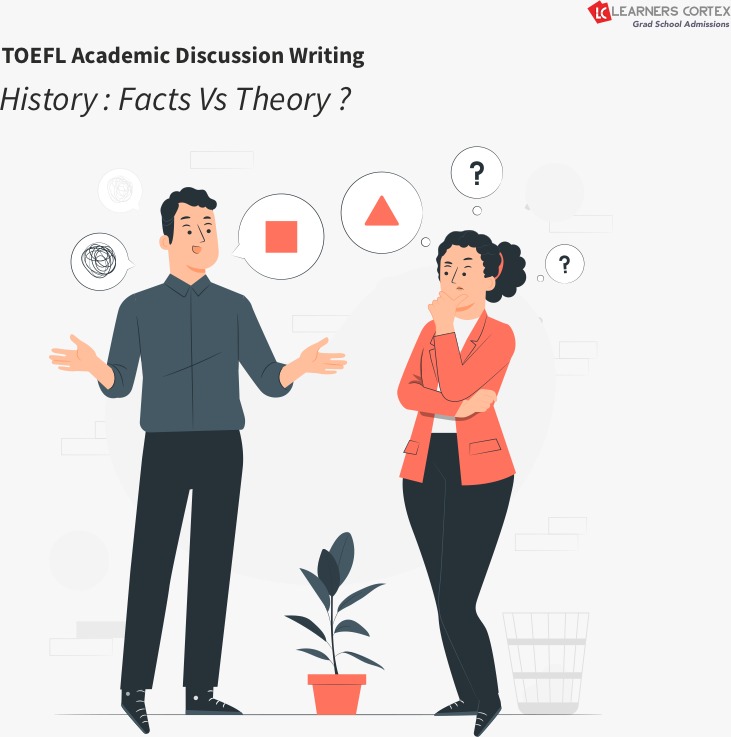- Call: +91-9566252166
- Mail: hands@learnerscortex.com
Anand G Shankar | Content Lead

Pursuing Economics at a top university is a dream destination for many aspiring leaders and economics enthusiasts. However, it is a tough question for any admissions counselor to answer. Many counseling agencies shy away from providing such insightful presentations, but not at Learners Cortex. Here, we present a collection of current trends in economics and the best universities where they can be pursued.
The old school method of studying economics such as micro and macroeconomics open many avenues for a master’s level pursuits enabling vibrant capacities for thinking, policy making, and researching on the happening topics such as Inflation and Monetary Policy, Geoeconomic Fragmentation, Regional Growth Disparities, Technological Advancements and AI, Labor Market Dynamics, Fiscal Policy and Debt. These topics are currently being pursued by eminent scholars, publishers, and researchers.
Inflation is moderating globally due to the easing of supply-side issues and restrictive monetary policies. This has led to a reduction in inflation expectations, with global headline inflation projected to decrease to 5.8% in 2024 and further to 4.4% in 2025. Central banks are maintaining elevated policy rates to continue fighting inflation, but the risk of a hard landing has diminished. The top six agencies have been actively monitoring and studying inflation, they are National Bureau of Economic Research (NBER), International Monetary Fund (IMF), Federal Reserve System, Bank for International Settlements (BIS), European Central Bank (ECB), Brookings Institution, Centre for Economic Policy Research (CEPR). Universities like Stanford (Hoover Institution), Princeton, NYU, Cornell, University of Virginia are a great choice for pursuing this issue of interest.
Similarly, Geopolitical tensions are leading to increased geoeconomic fragmentation, with significant implications for global trade and economic stability. This fragmentation is expected to accelerate, resulting in more localized economic blocs and greater divergence between the Global North and South. Our fond recommendation on this topic would lead to pointing at The European University Institute, located in Florence, Italy, is renowned for its research and teaching in European studies, international relations, and economics. It hosts the Robert Schuman Centre for Advanced Studies, which focuses on interdisciplinary research in the field of European integration and international relations. Within this center, scholars engage in research on geoeconomic issues, including geoeconomic fragmentation. The EUI offers graduate programs where students can specialize in topics related to geoeconomics, and it regularly hosts conferences and workshops on these themes, attracting scholars and policymakers from around the world. This institution's location in Europe provides a unique perspective on geoeconomic dynamics, given the continent's historical role in global trade and its evolving relationships with other regions.
When you get paid higher in New York than in New Delhi, higher in New Delhi than in Nashik, the regional disparity grows not only in monetary terms but also in many other aspects such as social customs, gender, and other types of disparities that worsen economic inequality. There is a notable divergence in economic growth across regions. Central Europe is forecasted to grow significantly faster than Western Europe, driven by countries like Poland and Romania. In contrast, growth in advanced economies remains tepid, and regions like South Africa face substantial structural challenges. It is a complex topic , and The University of Groningen in the Netherlands is renowned for its research on regional growth disparities. Its Groningen Growth and Development Centre specializes in analyzing economic growth patterns. Faculty research focuses on regional productivity, income inequality, and innovation's role in growth. The university offers programs in economics and regional studies. Collaborative projects with European institutions foster interdisciplinary approaches. Located in the Netherlands, known for innovative economic policies, the university provides a rich environment for studying European regional dynamics.
The rapid advancement of generative AI continues to impact various sectors. Economists expect AI to become highly disruptive by the end of 2024, influencing productivity, labor markets, and business operations across both advanced and emerging economies. Renowned institutions such as Massachusetts Institute of Technology (MIT), Stanford University, and University of California, Berkeley lead the forefront in AI and technological advancements. MIT's Computer Science and Artificial Intelligence Laboratory (CSAIL) spearheads groundbreaking research. Stanford's Department of Computer Science and the Stanford AI Lab focus on both theoretical and applied AI. UC Berkeley's Berkeley Artificial Intelligence Research (BAIR) Lab excels in AI research. Similarly, Carnegie Mellon University and University of Oxford are notable for their contributions. Industry giants like Google AI, DeepMind, OpenAI, Microsoft Research, and Facebook AI Research (FAIR) also play pivotal roles in advancing AI technology, making them hubs for innovation and research in technological advancements and AI.
The next hot topic is Labor market dynamics. The COVID-19 pandemic has left lasting effects on labor markets, including increased absenteeism and a higher prevalence of cognitive difficulties among workers. Although these impacts are gradually decreasing, ongoing support and policy adjustments are needed to address these challenges. In Europe, the London School of Economics and Political Science (LSE) stands out for its expertise in labor economics, with research conducted by its Department of Economics and Centre for Economic Performance. Similarly, the University of Cambridge's Faculty of Economics and Centre for Economic Policy Research (CEPR) focus on labor markets and income inequality. In Sweden, Stockholm University's Institute for International Economic Studies (IIES) and Swedish Institute for Social Research (SOFI) lead in labor market research. In Oceania, the University of Melbourne's Melbourne Institute of Applied Economic and Social Research and the Australian National University are prominent for their studies on employment trends and policy analysis.
Finally, the ultimate topic for any stellar economist: 'Fiscal Policy and Debt'—your ultimate scholarly aim to find a space in this profession. Many governments are grappling with high levels of debt and deficits. The U.S., for example, faces significant fiscal challenges, with federal debt levels comparable to those at the end of World War II. Long-term solutions such as fundamental tax reforms and improved incentives for growth are being discussed to address these issues. Several universities and institutions specialize in fiscal policy and debt analysis, including UC Berkeley, Georgetown University, and the Peterson Institute for International Economics. These entities offer specialized coursework and research opportunities focusing on public finance, budget analysis, and economic policy evaluation.
Fix an appointment with our Grad School Expert team for a detailed and career oriented counselling for finding the best program suited for you in Economics.
| Current Trend | Universities/Institutions |
|---|---|
| Inflation and Monetary Policy | Stanford University (Hoover Institution), Princeton University, New York University (NYU), Cornell University, University of Virginia |
| Geoeconomic Fragmentation | European University Institute (EUI) - Florence, Italy |
| Regional Growth Disparities | University of Groningen - Netherlands |
| Technological Advancements and AI | Massachusetts Institute of Technology (MIT), Stanford University, University of California, Berkeley (UC Berkeley), Carnegie Mellon University, University of Oxford |
| Labor Market Dynamics | London School of Economics and Political Science (LSE), University of Cambridge, Stockholm University, University of Melbourne, Australian National University |
| Fiscal Policy and Debt | UC Berkeley, Georgetown University, Peterson Institute for International Economics |

In the independent section of TOEFL writing, you are required to analyse, explain, and support your opinion on a given issue. The queestion would be based on ...
Detail